Cricket
Three hours that changed my life
They say you’re not born in Africa.
Africa is born in you.
It’s true.
You could blindfold me, put me on a plane, fly me somewhere in the world, open the doors and ask me where I was. I would know immediately if I was in Africa.
I can feel it. Smell it. It’s in my blood. It’s home. It’s part of me, I am connected to it, emotionally and spiritually.
I pushed that away for a while. It wasn’t intentional. It was a by-product of the single-mindedness I needed to make it as a cricketer in England over 17 years.
But the connection was never completely lost. As a kid, growing up in Pietermaritzburg, my bond with the animals and the outdoors was strong. Our holidays were spent at Kruger National Park, or the beach, or somewhere close to nature.
And at home we had dogs and chickens and buck. I loved our animals.
Of course, in Africa, not all your animal experiences are warm and cuddly though. I killed snakes – green mambas, boomslangs and others. I would do it with a panga, one of those big machetes they use to chop down the sugarcane.
I remember coming back one Sunday morning from church and we went to the orange tree and found a boomslang wrapped around it.
We had to kill the snake to get to the fruit. It’s probably not the right thing to do, but this is Africa. If there’s a boomslang there and four little kids are running around the garden, the snake goes.

THE MOMENT EVERYTHING CHANGED
My first four years in England were spent trying to make my way through the county system with Nottinghamshire and Hampshire. The next phase was spent playing for England. Life was a rollercoaster. Tour, aeroplane, hotel, cricket ground, repeat. Boom boom boom. That accounted for most of my 20s and into my 30s.
Then I got sacked from England. That gave me the chance to get back to Africa more often.
One of the first opportunities to head home was to take part in a charity tournament with Mark Boucher, Graeme Smith, Jacques Kallis and a few other blokes who have become my closest friends over there.
Straight afterwards, we went into the bush with Boucher and Smith, who have houses in the Timbavati Game Reserve, which is part of the greater Kruger National Park.
We notched, tagged and released rhinos. You dart the rhino from a helicopter. She goes to sleep. You run and have ten minutes to sort her out.
You put a tracking device in her horn. You notch her ears – so you can see from a helicopter that she’s already been done – and then you take DNA. The reason for that is if a poacher gets caught and you can match the DNA, you can convict him and hopefully throw him in jail.
So that’s what we did. At one point we came across an elephant who was limping. We darted her, landed the helicopter, fixed her up and sent her back out again.
Those three hours with the rhinos and elephants were the most emotional of my life.
You put a tracking device in her horn. You notch her ears and then you take DNA. The reason for that is if a poacher gets caught and you can match the DNA, you can convict him and hopefully throw him in jail.
The connection to Africa I knew as a kid – the connection that had taken a back seat during my cricket career in England – came roaring back stronger than ever.
I knew then that I wanted to commit myself to these animals and their conservation.
I wanted everyone else to experience the same emotions as I was. To see what I saw. To smell what I smelt. To feel what I felt. By experiencing all of this, they too would know the importance of protecting these incredible, special animals.
THE CLOSEST I’VE FELT TO DEATH
Since that trip, I have been back to Africa quite a few times and taken my wife, Jessica, and our kids, Dylan and Rosie, with me. I love it. It has given me the opportunity to share with my children the experiences my dad shared with me growing up in South Africa.
I have loved the opportunity to learn about nature with my family. There have been some hairy moments along the way.
On one trip, when Jess was pregnant with Dylan, we found ourselves surrounded by a herd of 25 elephants in Sabi Sands. They surrounded our vehicle and touched us with their trunks. There was nothing aggressive about their actions or nature, but Jess was absolutely bricking it. She was clutching my thigh so tightly I thought her fingers would go straight through me!
There was another time in the Timbavati last April when we came upon a mum, dad and a skittish little rhino calf. We were upwind so they couldn’t smell us, but I stepped on a leaf that made a loud crunching noise under foot.
The little man jumped straight up and his mum and dad, who have a protective instinct that every human parent would understand, started running towards us. It was just a guide, a tracker and me.
We were two kilometres from the safety of our vehicle. We were helpless.
In situations like that, they say it’s either fight, flight or freeze. I froze. It wasn’t a bad thing.
If I had run, I was dead. I will never forget the noise of them running towards us. I have been to the races at Ascot and know well the doosh-doosh-doosh sound of the horses’ hooves as they run past the finishing post.
This was ten times louder. It was like thunder. It’s the closest I’ve ever felt to death.
Rhinos are inquisitive animals. They have tremendous powers of hearing, but their eyesight isn’t very good. When they got close enough to see what we were, they turned at right angles and ran away.
In situations like that, they say it’s either fight, flight or freeze. I froze. It wasn’t a bad thing. If I had run, I was dead.
We found a mother leopard with two cubs in Leopard Hills one day. The ranger told us there were hyenas around. ‘This will be a dangerous night for these leopard cubs,’ he said. In the wild, these predators take each other out whenever they can. It’s a control thing. Power.
I got a message two days later from the ranger. ‘You know those baby leopards? One has gone. Hyenas.’
I told my son, Dylan. He was with me in the car. I said, ‘You know that cub you took a cool picture of? It’s dead. The hyenas got him. That is how nature works sometimes.’
I’m not afraid to tell Dylan that. He understands nature.

DOING MY PART
An elephant is killed by poachers every 15 minutes. A rhino is killed every eight hours.
It’s a terrible reality and it needs to change.
Cricket has given me the platform to spread the message and try to make a positive impact.
It’s incredible when you think about it. I mean, here I am, on the other side of the Indian Ocean from where I grew up and the other side of the world from where I played most of my cricket. And the interest, curiosity and generosity of the Australian people towards this cause that is so important to me has absolutely blown me away.
Tonight will be my last ever game in Australia and the Melbourne Stars have made it their ‘Playing for Rhinos’ night. We will be raising awareness and funds. That’s amazing.

And a few days ago, I travelled out to Taronga Western Plains Zoo in Dubbo. I thought, ‘No one will come to see me in Dubbo,’ and then 500 kids and their parents showed up. We named a rhino Pampoen, which means Pumpkin in Afrikaans. We called her that because she was born on October 31. A Halloween baby.
We’re also hosting an exhibition at the Hyatt Regency in Sydney on February 8. Some of the best nature photographers in the world – plus a few of my favourites from my trusty old Canon – have donated images that will be on display from February 1 and available to buy on February 8.
It will also be the soft launch of my Save Our Rhinos Africa India project. I am wearing a SORAI band around my wrist and they’ll soon be available for anyone to purchase – along with other merchandise – with royalties going to rhino conservation.
I wanted everyone else to experience the same emotions as I was. To see what I saw. To smell what I smelt. To feel what I felt. By experiencing all of this, they too would know the importance of protecting these incredible, special animals.
It’s all part of a 10 to 20-year plan to end poaching. I am committed to helping Kruger National Park raise money for FLIR systems – which are thermal imaging and infra red cameras that they plan to attach to their aeroplanes.
By doing so, they’re confident that the conviction rate for poachers will increase from 60% to 90%. That is a hell of a difference. These poachers need to be screwed over and it would be my pleasure to assist with that!
There’s another project I’m really passionate about, too. We’re building a lodge on the Sabie River. It will be available most of the year for people to book. I want to give them the opportunity to go to Africa, to see Africa, to love Africa and keep spreading the word of how important wildlife conservation is.
I want my children’s children to see rhinos, elephants, lions, cheetahs.
It’s going to be affordable. I want people to go. I don’t want it to be a place that only billionaires can afford to stay at. I want people to leave thinking, ‘I also want to make a difference in Africa.’
Jess found the land and we have both worked on the design. It’s the greatest retirement present I could ever have asked for.

A BRILLIANT FAREWELL
Mum said to me the other day, ‘You must be sad that you’re finishing your career and playing your last game in Australia.’
‘Mum,’ I replied. ‘You know how shit I was when I was a teenager. I was a so-so off-spinner when I left home. Playing one Test match was more than anything I could have dreamed of back then and ended up playing more than 100. To finish at the MCG, one of the most incredible grounds in the world, in a game dedicated to protecting rhinos couldn’t be more perfect.’
I meant that. I’ve found the transition from cricketer to conservationist to be a thrilling period in my life. The joy I feel when someone walks up to me on the street and asks about rhinos, rather than cricket, is incredible.
It’s something that I go to bed at night and think about: ‘How can I make a difference in this area, what can I do next?’ And it’s there again when I wake up the next morning.
It never leaves my mind.
More about: Big Bash League | Melbourne Stars | South Africa | Test cricket
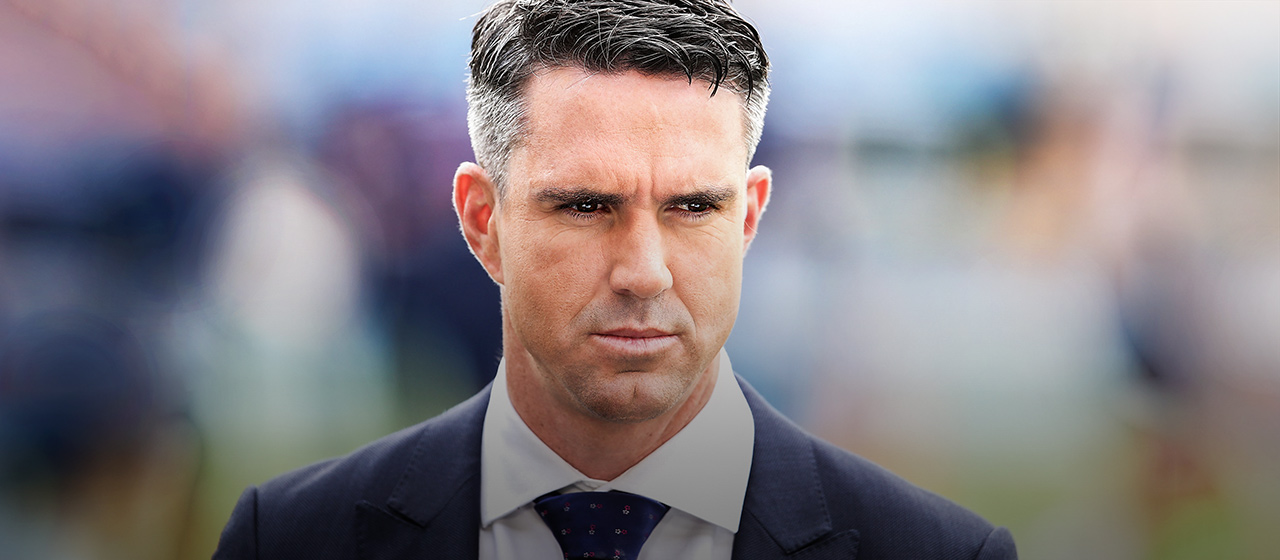
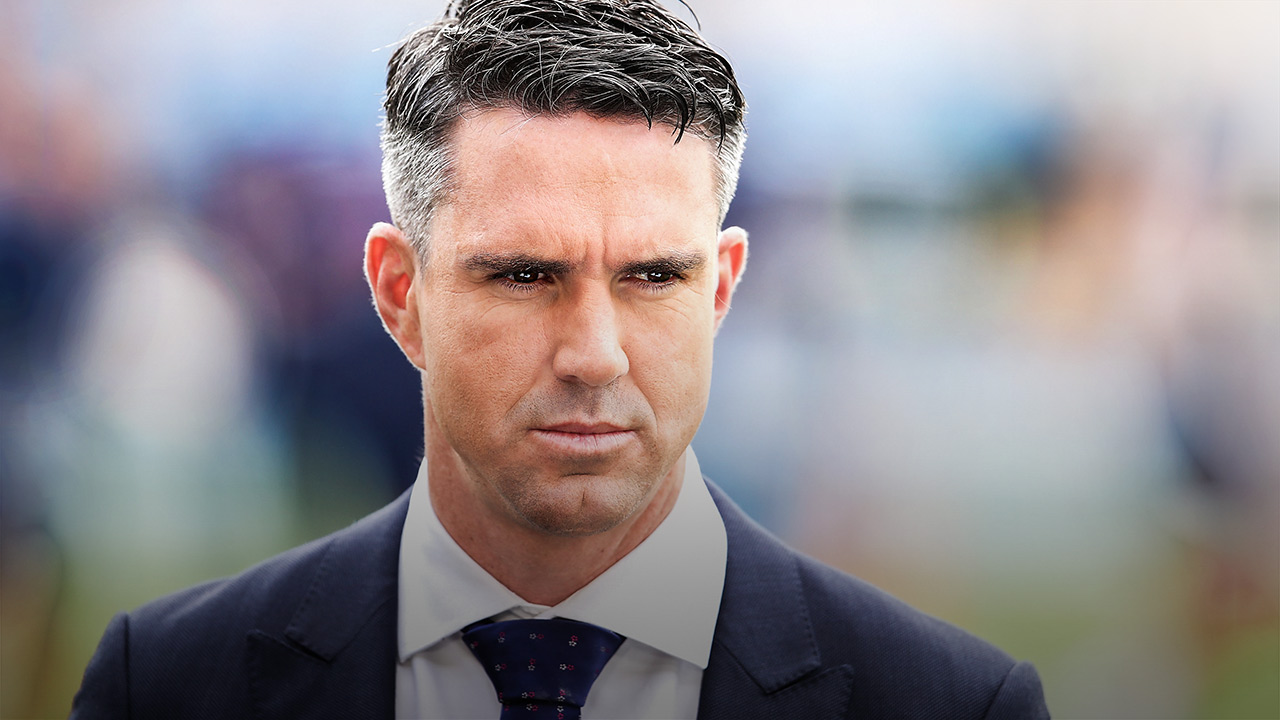

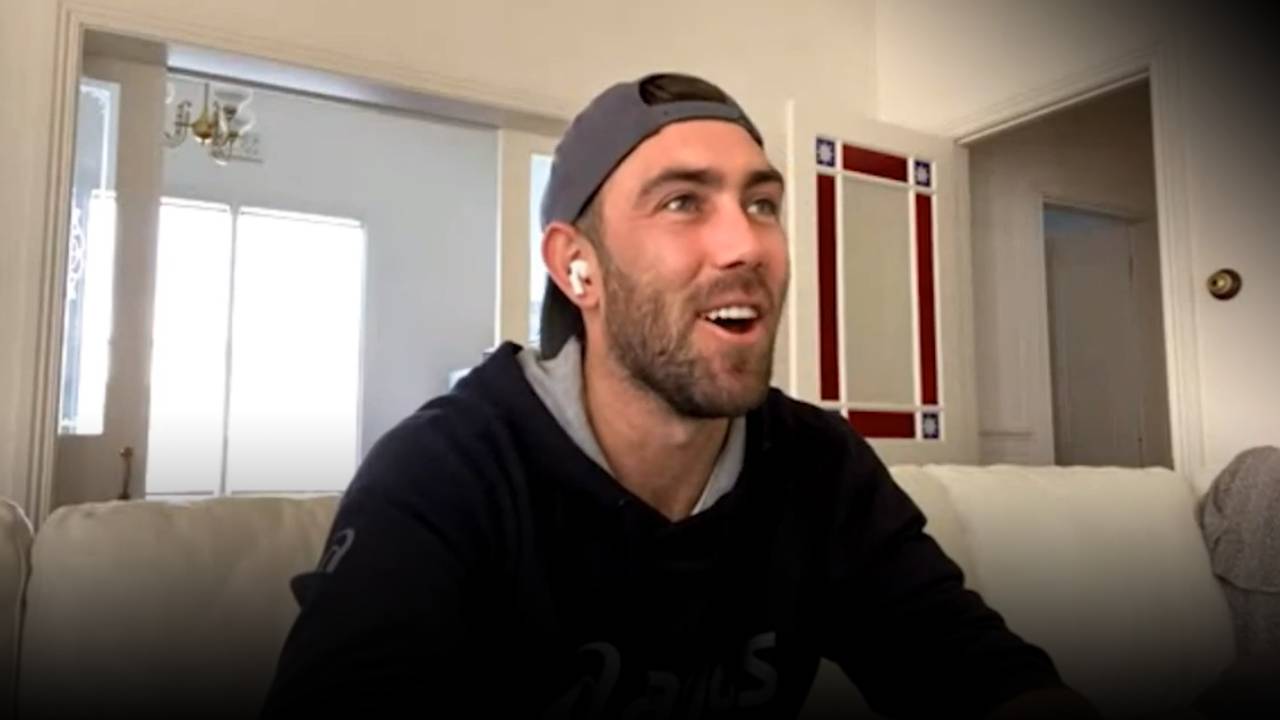
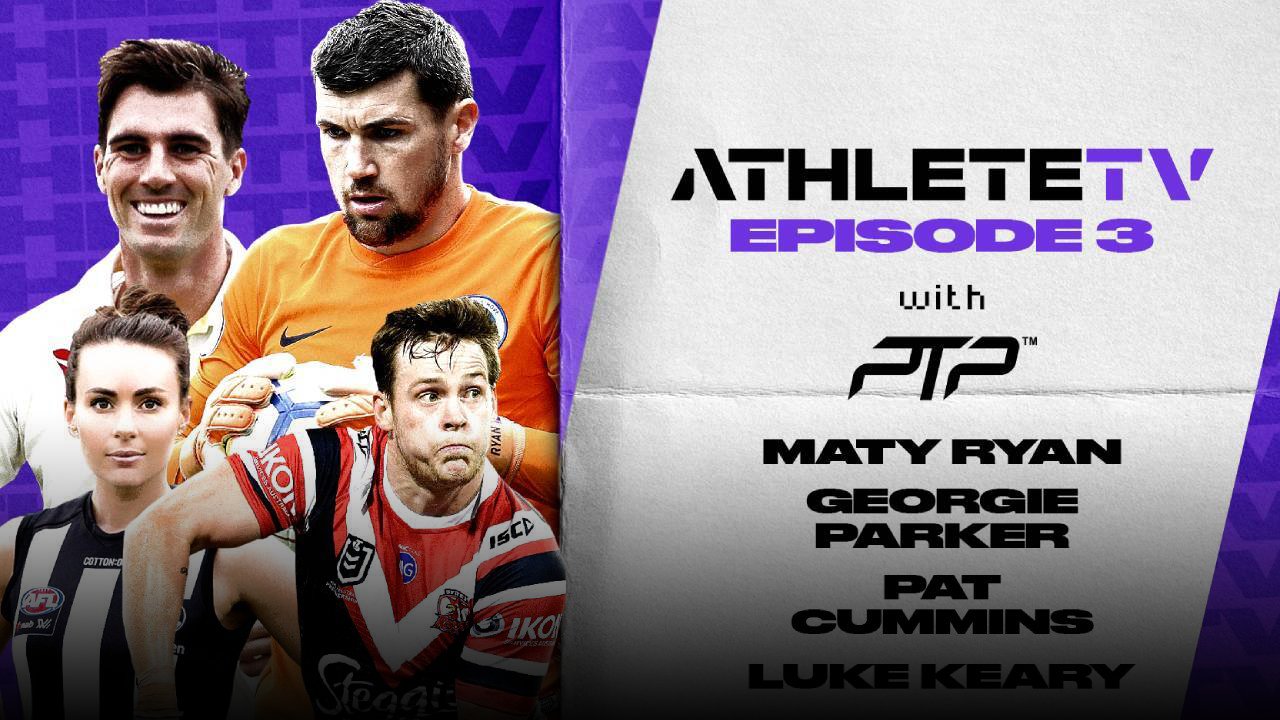
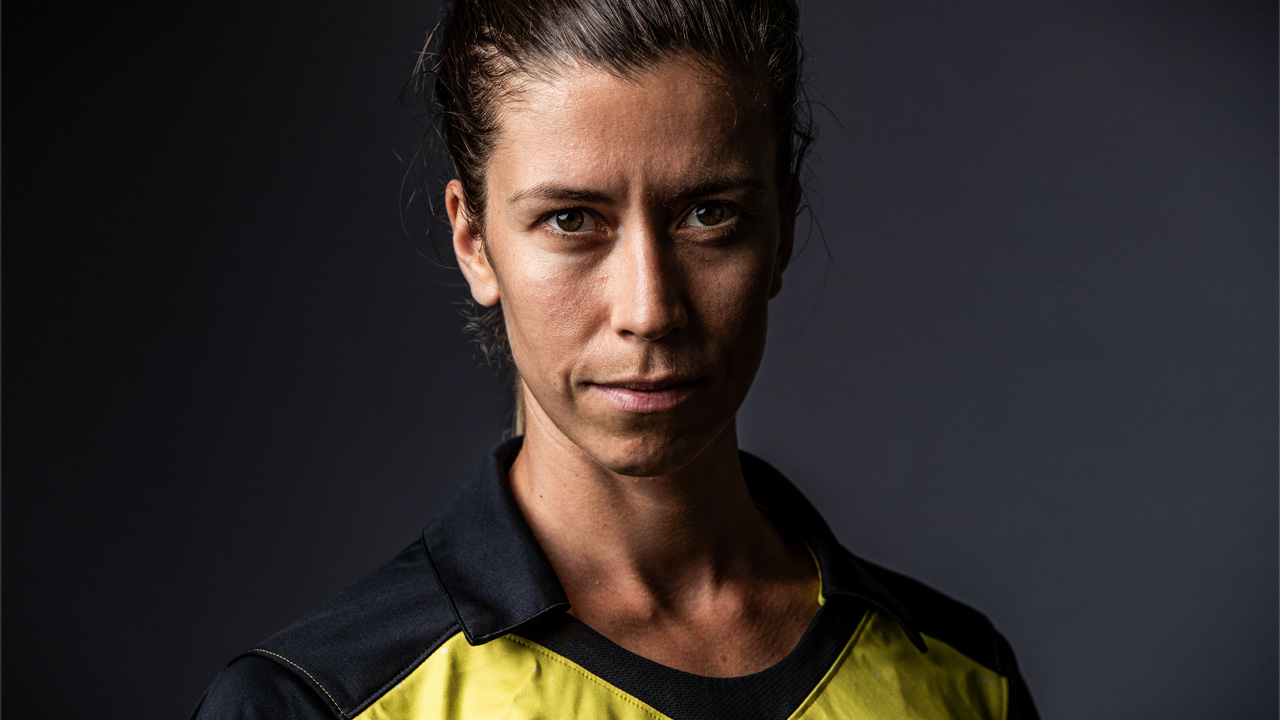
 Load More
Load More